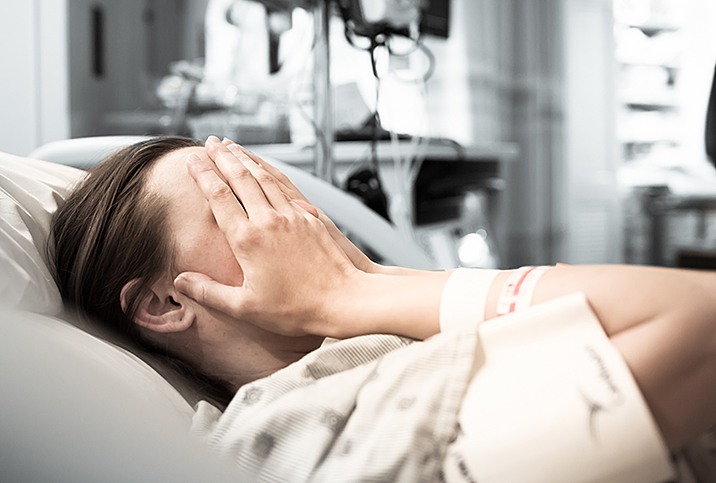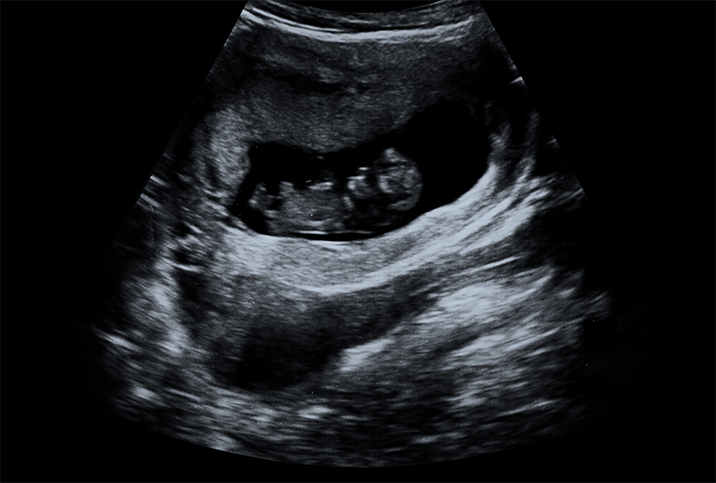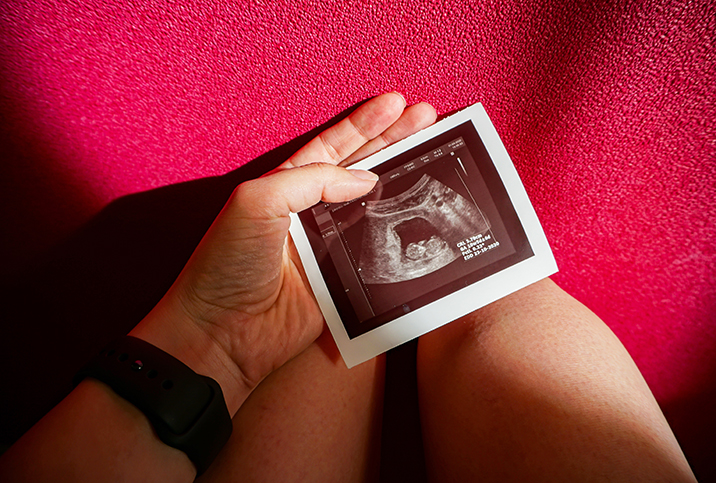Life After a Miscarriage

The grieving process following a miscarriage is different for every woman, as is grieving in general. While some may be determined to get pregnant again right away, others may prefer to wait to be emotionally strong first; no decision is wrong.
Your timing for trying again is important. Your life doesn't have to stop or speed up. However, when you feel ready to have sex again or want to try to get pregnant, you may want to follow your healthcare provider's instructions.
Your decision
Remember that you shouldn't feel obligated or guilty about making a decision. Your choice should be based on your physical and emotional health, not on what other people think you should do, feel or act.
"Returning to sexual activity after a miscarriage should always be at a time when the woman is feeling ready," said Jennifer Reid, M.D., a psychiatrist and writer in Philadelphia who also hosts "The Reflective Doc" podcast.
Nor should you feel ashamed if you have sex after a few weeks and get pregnant. People tend to be judgmental, not understanding that grief is experienced in different ways. You may want to be quiet for a while, or perhaps events may move you to try again. The important thing is to understand how you process the loss and take care of any unresolved feelings that may affect your mental health later.
Physical care
Before making such decisions, you should consider physical health and ensure any bleeding and pain are gone.
After a miscarriage, your sexual reproductive system needs to heal. You can try to get pregnant soon after, but it is imperative to listen to your doctor's recommendations and wait as long as your body takes to recover.
"After a miscarriage, you should wait at least two weeks to have sex or use tampons," said Monte Swarup, M.D., a board-certified OB-GYN in Arizona and founder of HPD Rx. "This will help prevent infection as the cervix heals."
Your cervix must heal and close to prevent future complications. The process depends on the gestational age. All cases are different, but if after a few weeks you feel physically and emotionally ready to try again, you can.
However, if you experienced a complicated miscarriage or are suffering symptoms of an infection, wait. Give your body time and you will soon be able to try again from a better position.
If you have concerns about your physical health after a few weeks, talk to your doctor during a follow-up visit. After a physical exam, an OB-GYN can tell you if everything is in order, if you should wait a little longer to have sex or if you need additional care.
Sex after a miscarriage
The first few encounters with your partner after a miscarriage may be awkward or uncomfortable. Emotions for both of you have been altered in the past few weeks, and you probably have yet to discuss next steps.
"Open communication with a supportive partner is crucial, especially if there are some unexpected reactions to intimacy initially," Reid said.
You can get pregnant fairly quickly. Therefore, if you want to wait, you can talk to your physician about contraception methods. This way, you can restart your sex life while you make the decision to plan a pregnancy.
Other ways to connect with your partner
It is common to experience reduced sexual desire caused by hormonal imbalance and grieving. You don't need to have sex if you don't feel like it. You can enhance intimacy in other ways for the first few weeks. This approach can help you maintain the connection with your partner.
Being close to your partner, physically and emotionally, can help with the loss. Feeling accompanied and supported can strengthen the relationship during a difficult time.
Some of the interactions you can try with your partner include:
- Cuddling
- Kissing
- Hugging
- Massage
Try again
When you feel emotionally and physically ready, try again. Some women want to get pregnant immediately after physical recovery, while others prefer to take a break to feel emotionally ready to carry a life in their womb.
"It is up to the individual and if they feel physically prepared and emotionally ready after having experienced a miscarriage," Swarup said. "Talk with your OB-GYN to consider all of the information carefully to make the best decision for you."
"It can be difficult to identify the right time to try again after miscarriage," Reid said. "From an emotional perspective, there may be triggers during the process that create unexpected sorrow, anxiety or painful memories of previous attempts."
What about your fears and other difficult emotions?
Miscarriages are considered common, but numbers should not scare you. After a miscarriage, most women are able to have a completely healthy, full-term pregnancy.
Many women are afraid it will happen again, but according to the American College of Obstetricians and Gynecologists, only 1 percent of women have recurrent miscarriages. A miscarriage is typically a one-time event, meaning there is no increased risk.
"I encourage women to share these difficult emotions with their partners and try to practice self-compassion as unexpected feelings may arise," Reid said. "The body may also hold memories in the form of pain or tension, so experimenting with mindfulness meditation or gentle yoga can also be helpful."
In case of recurrent miscarriages
Depending on the characteristics of the miscarriage, your doctor may be interested in additional testing. In that case, you should visit a specialist, such as an OB-GYN or reproductive endocrinologist.
In patients where recurrent miscarriages occur, doctors use thorough examinations after the third miscarriage so they can identify any causes and advise on how to proceed.
Advice when trying again
"Moving at their own pace is important, taking time for self-care and regular check-ins with their support network along the way," Reid said.
Other recommendations you should consider:
- Take your prenatal vitamins
- Watch your nutrition
- Do yoga and meditation, which can help calm your mind
- Try activities that make you feel less anxious about the future
- Don't smoke
- Exercise regularly
- Get checkups with your healthcare provider
- Seek help for your mental health if you feel you are struggling
- Don't drink alcohol


















